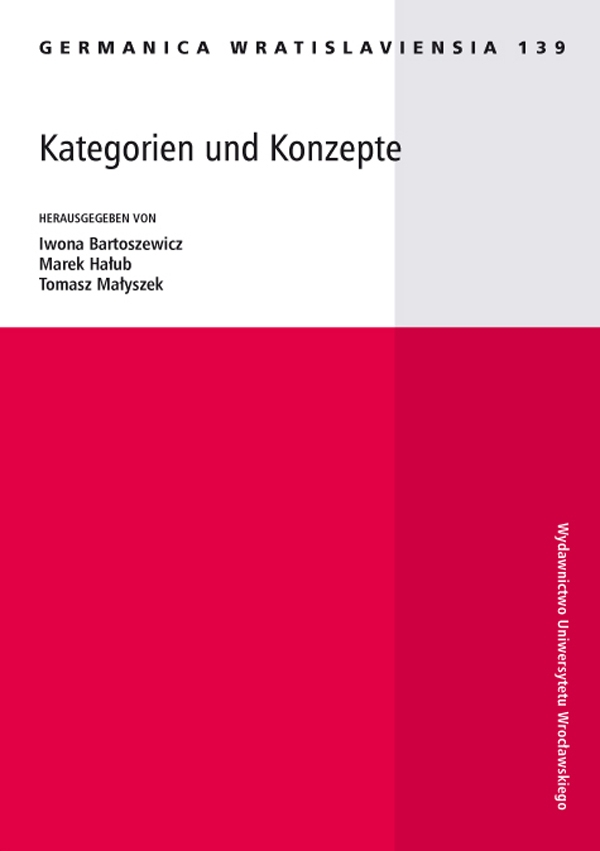

Literaturwissenschaft

„Intra muros et extra”. ‛Inner Emigration’ as a problem. A literary analysis overview
Inner Emigration is a phenomenon in the German Literature and simultaneously an expression of a spiritual attitude that came into existence as a result of refuge from political and social reality. The term was developed as early as in the 1930s century and over the course of the years was more and more often discussed. The real debate about this issue was ignited in a correspondence among Frank Thiess, Walter von Molo and Thomas Mann. The main problem with defining the term is that it is connected with the moral judgment of the literature and its authors. The Inner Emigration in literature stands both for works which criticized the regime and the texts of authors, who were searching for preservation of their independence by retreating into their inwardness. Therefore they separated themselves from the ideological Nazi — literature and cultural and educational policy. Because the living conditions of the exiles and of those who decided to stay in Germany were completely diffe rent the Inner Emigration in Literature was accused of the attitude of resignation or opportunism. As a result this kind of literature was fully excluded in the 50s from the field of science.